Fieke van Berkom Iwahig Prison & Penal Farm; a prison without walls
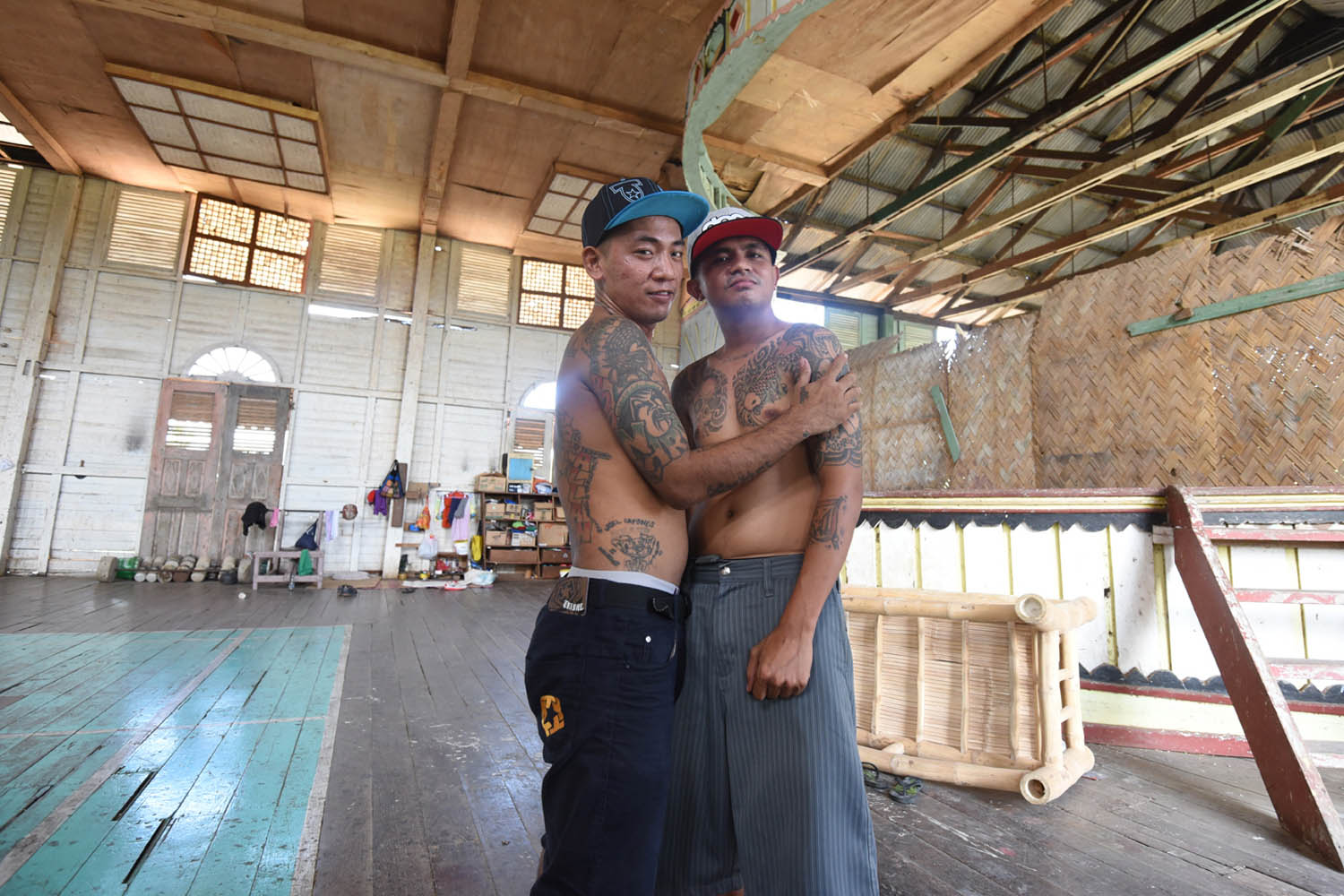

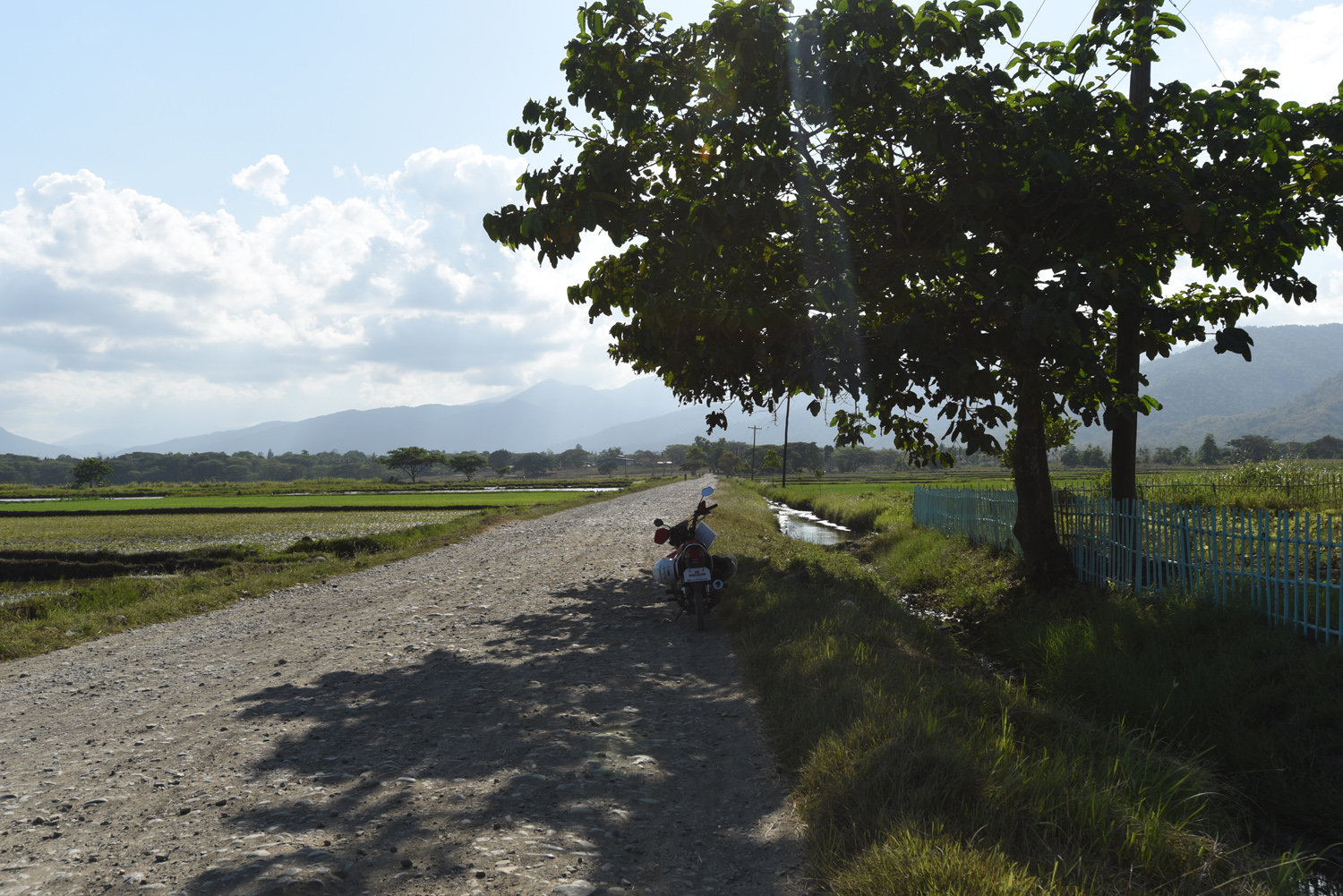
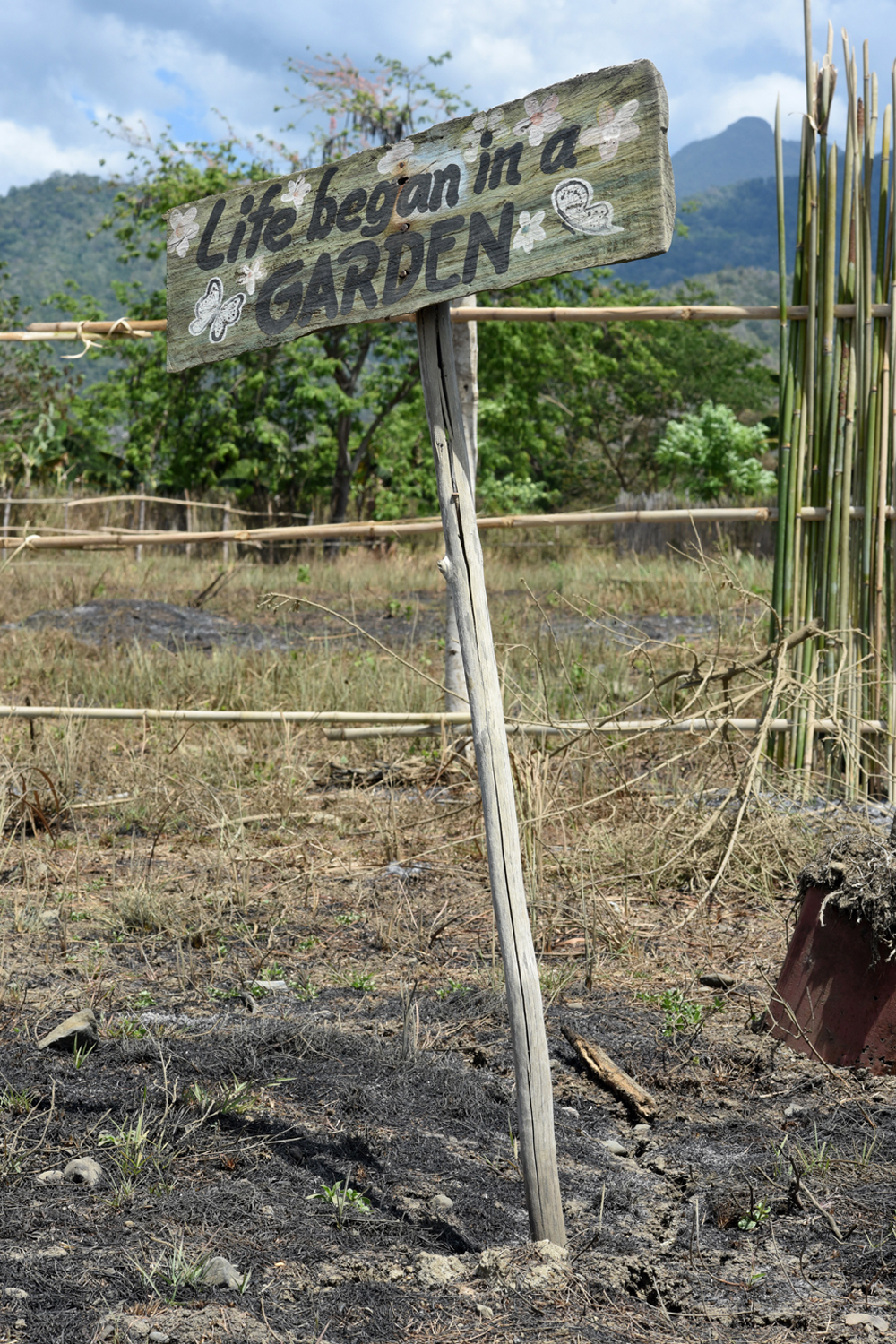
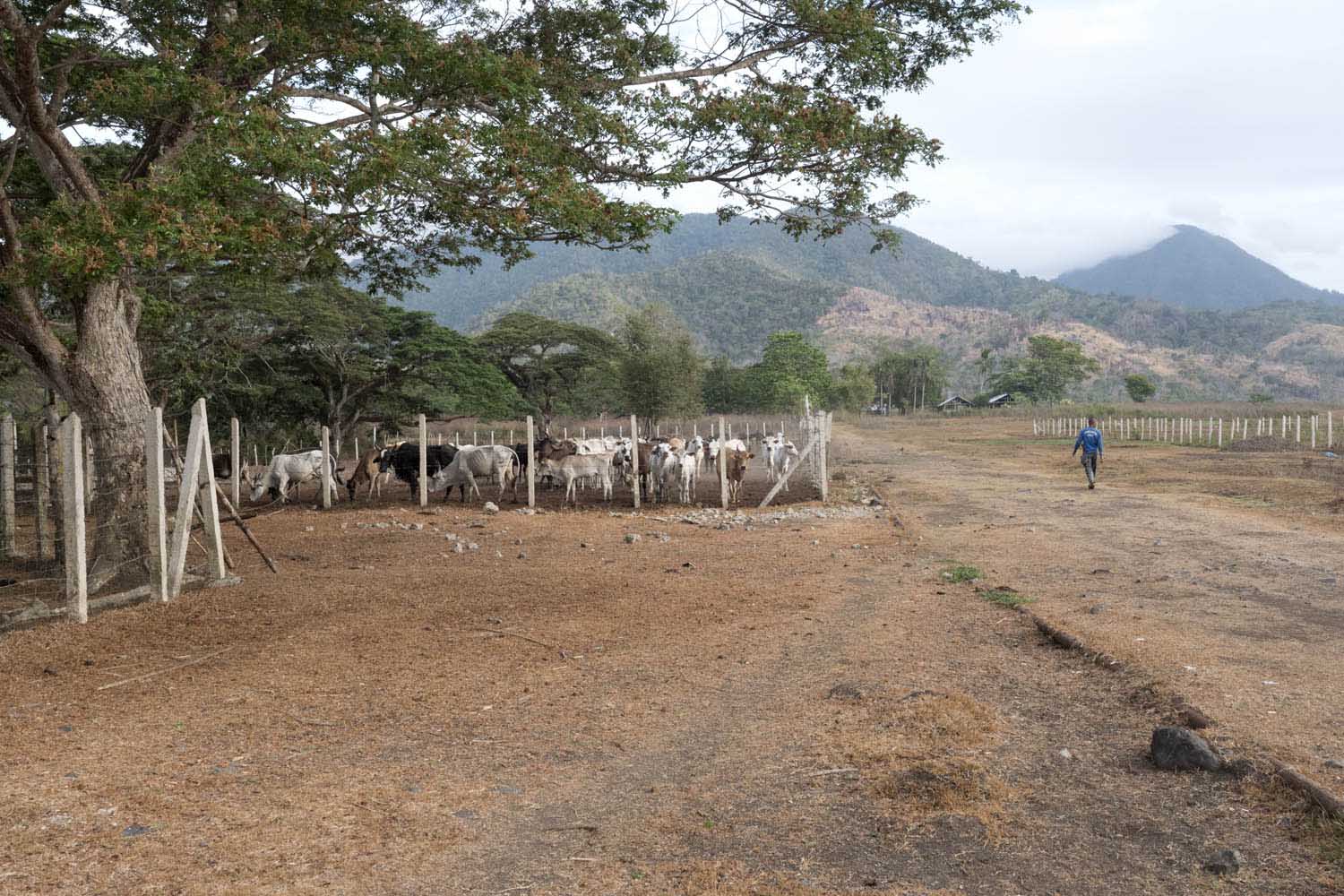
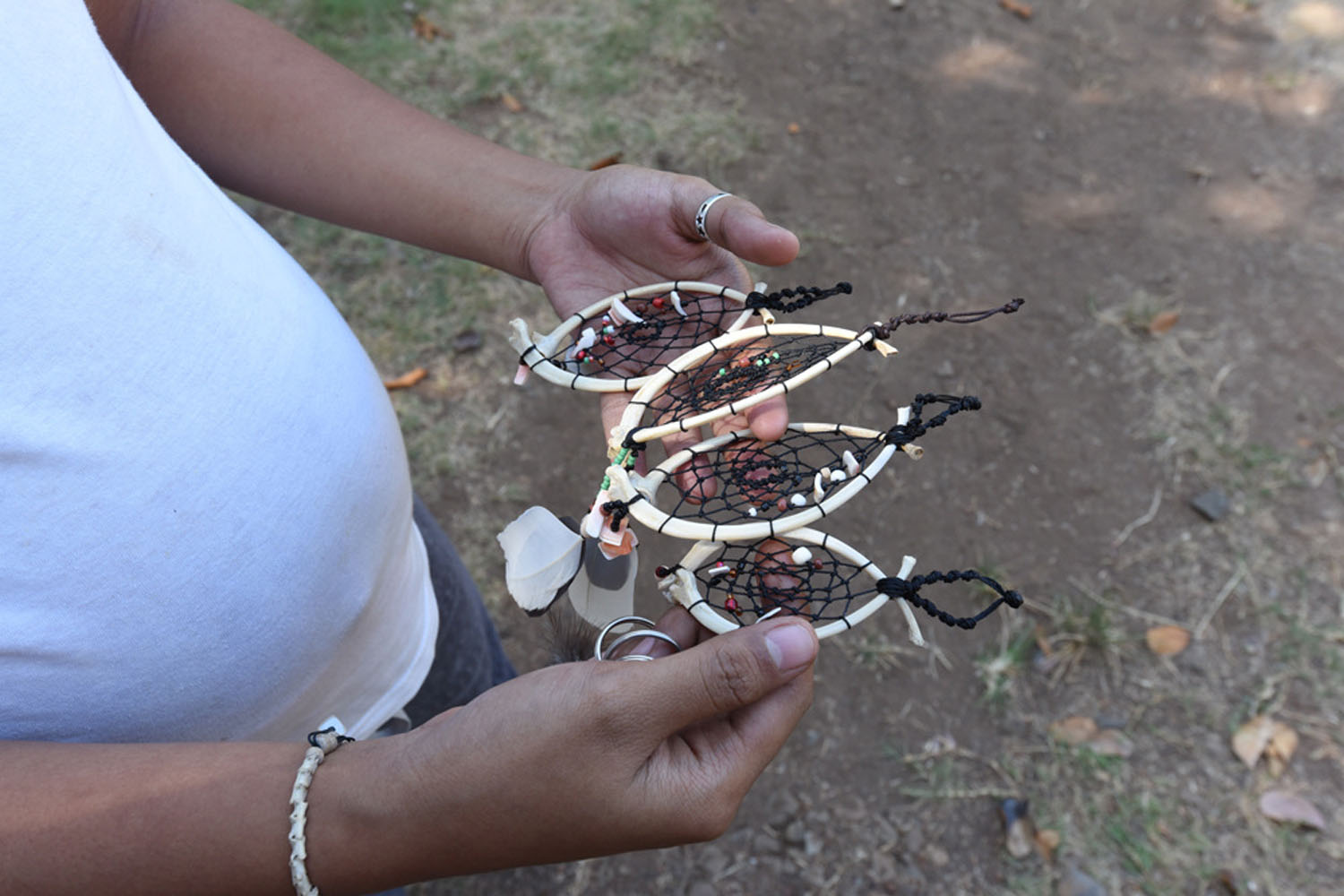
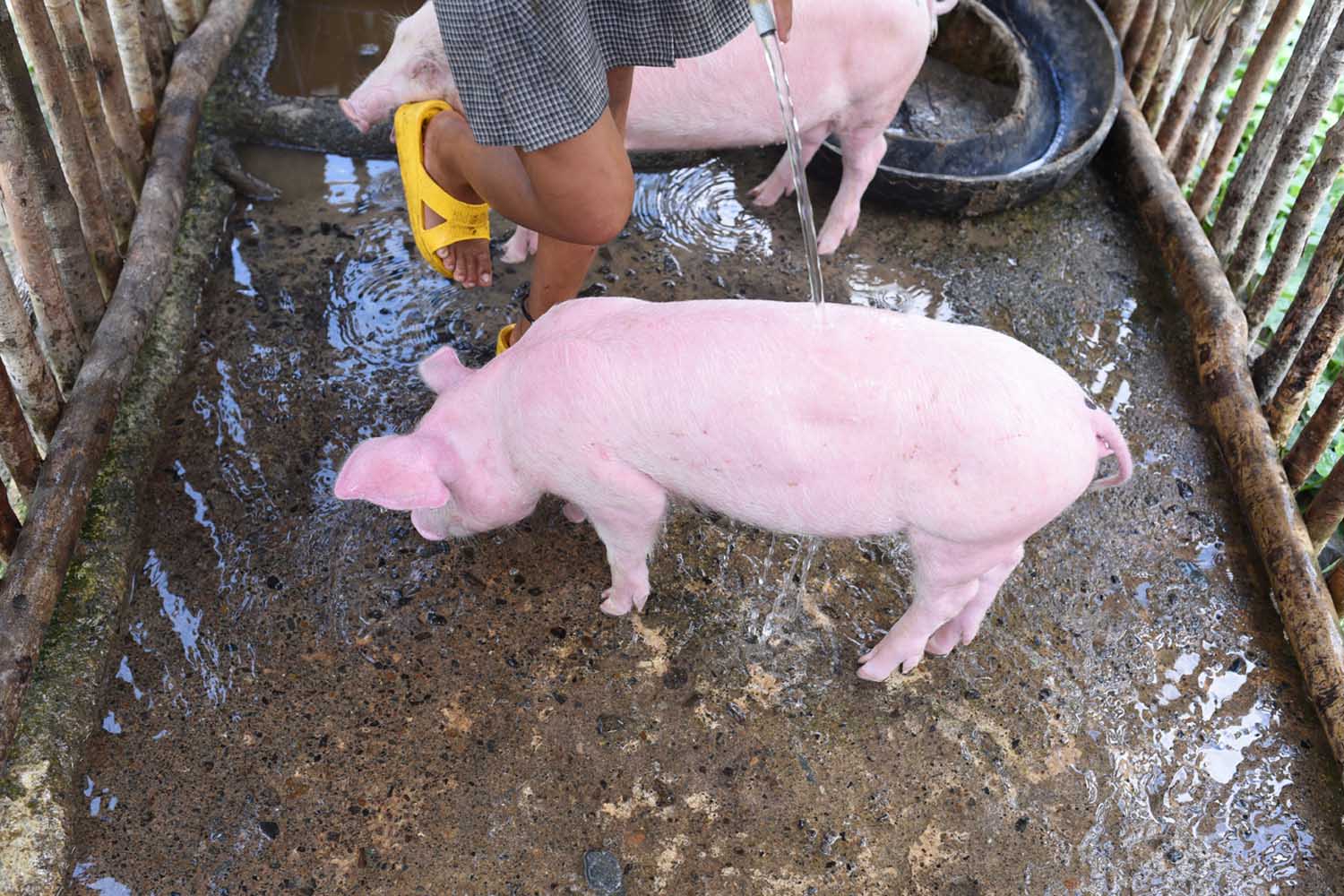
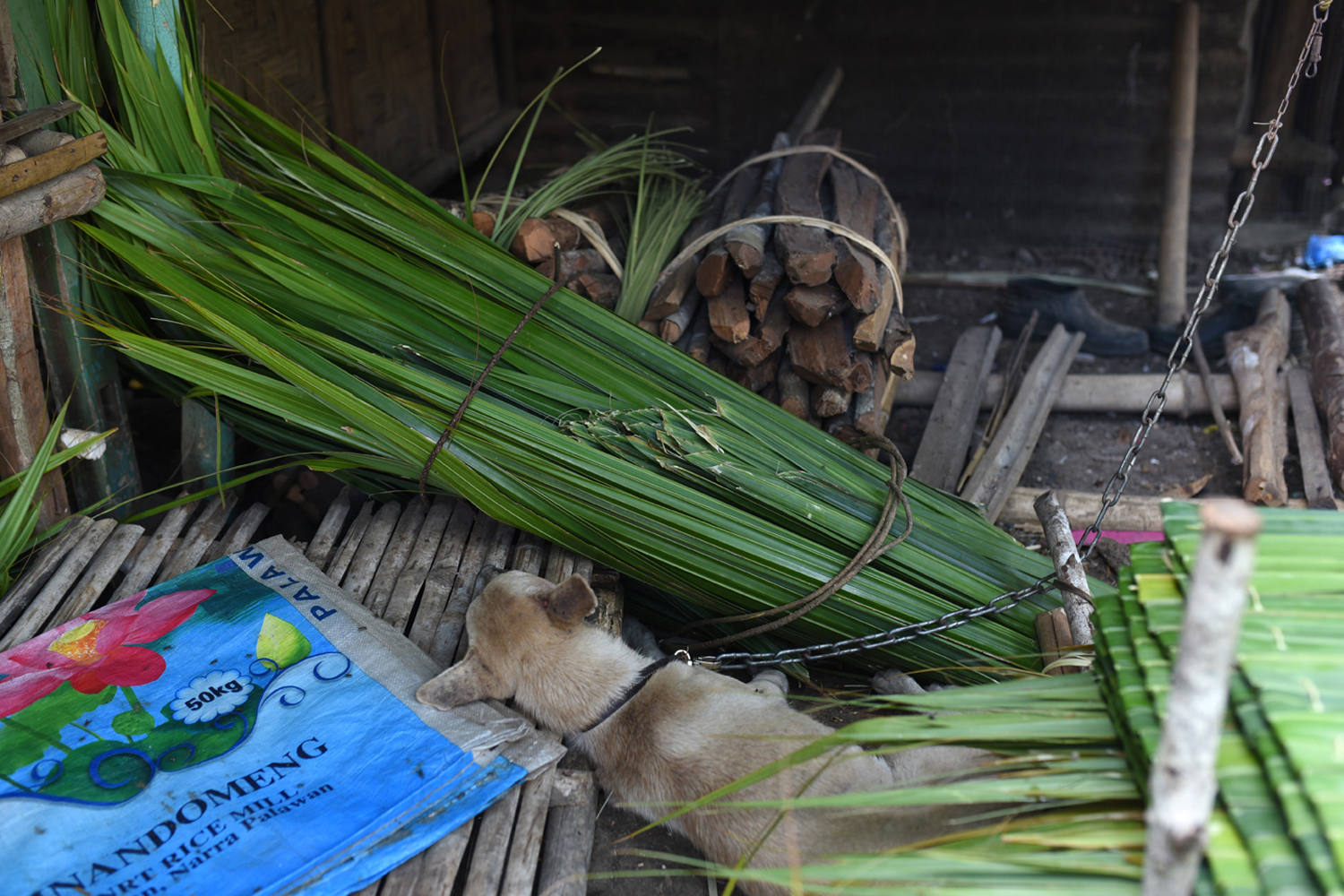

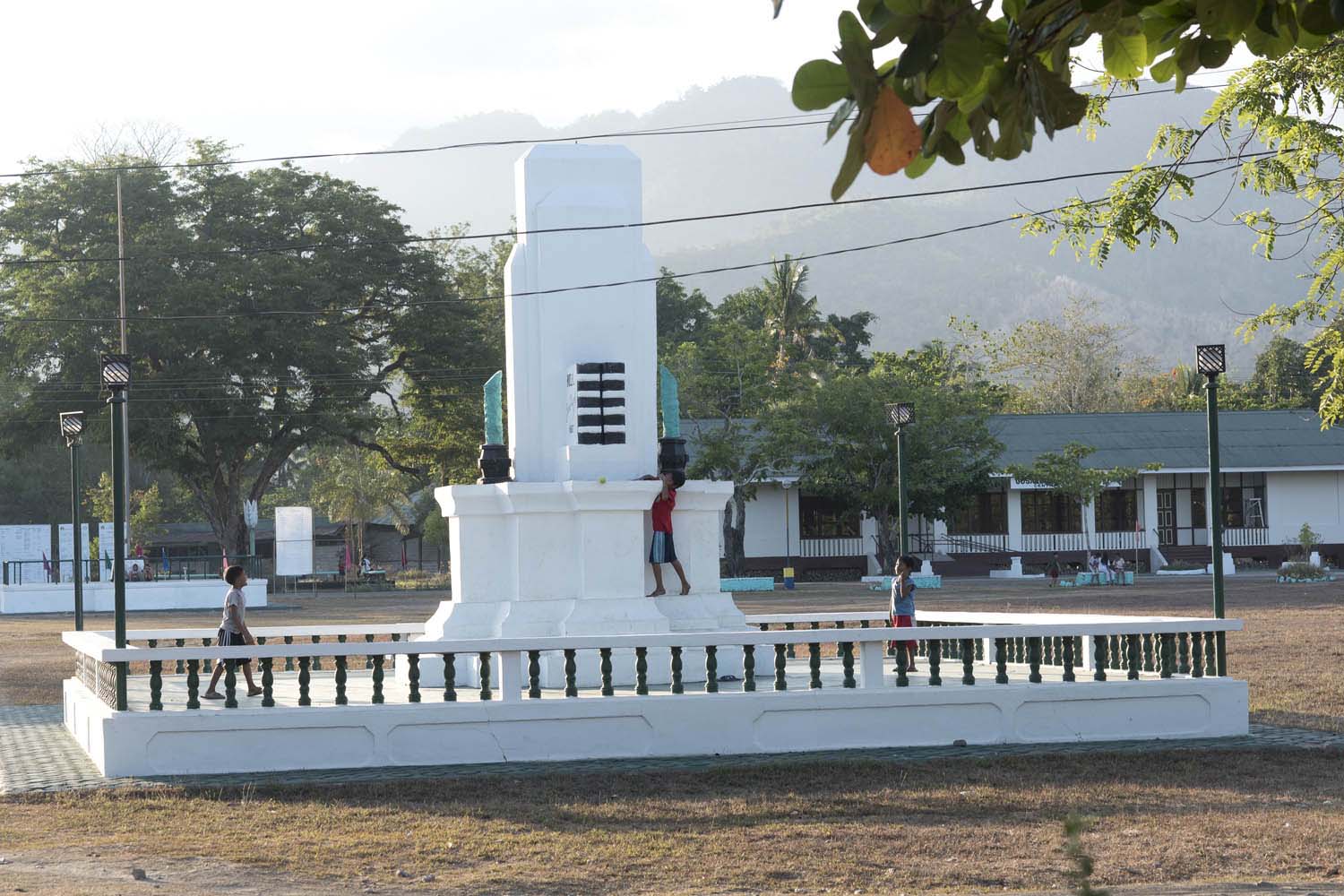
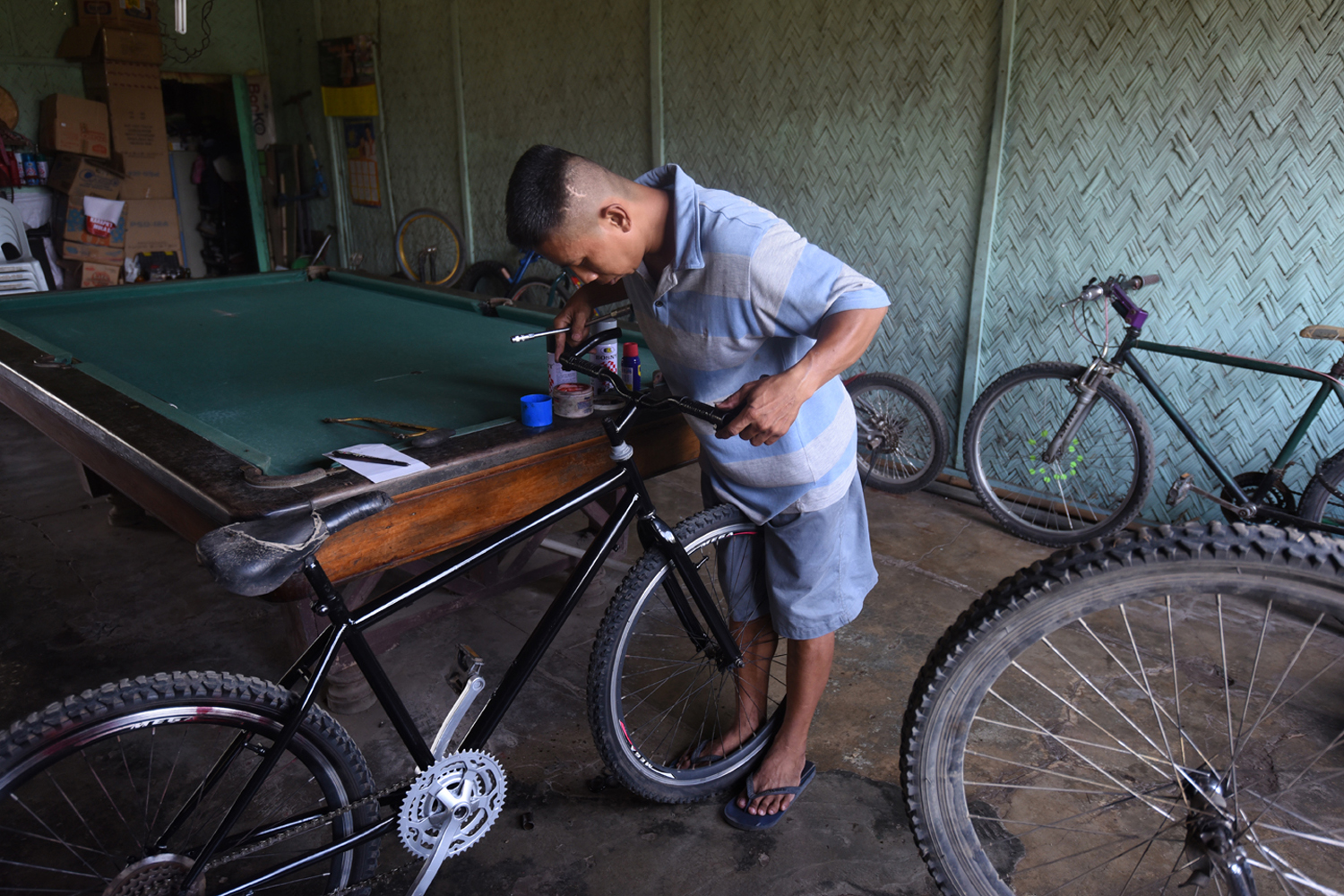
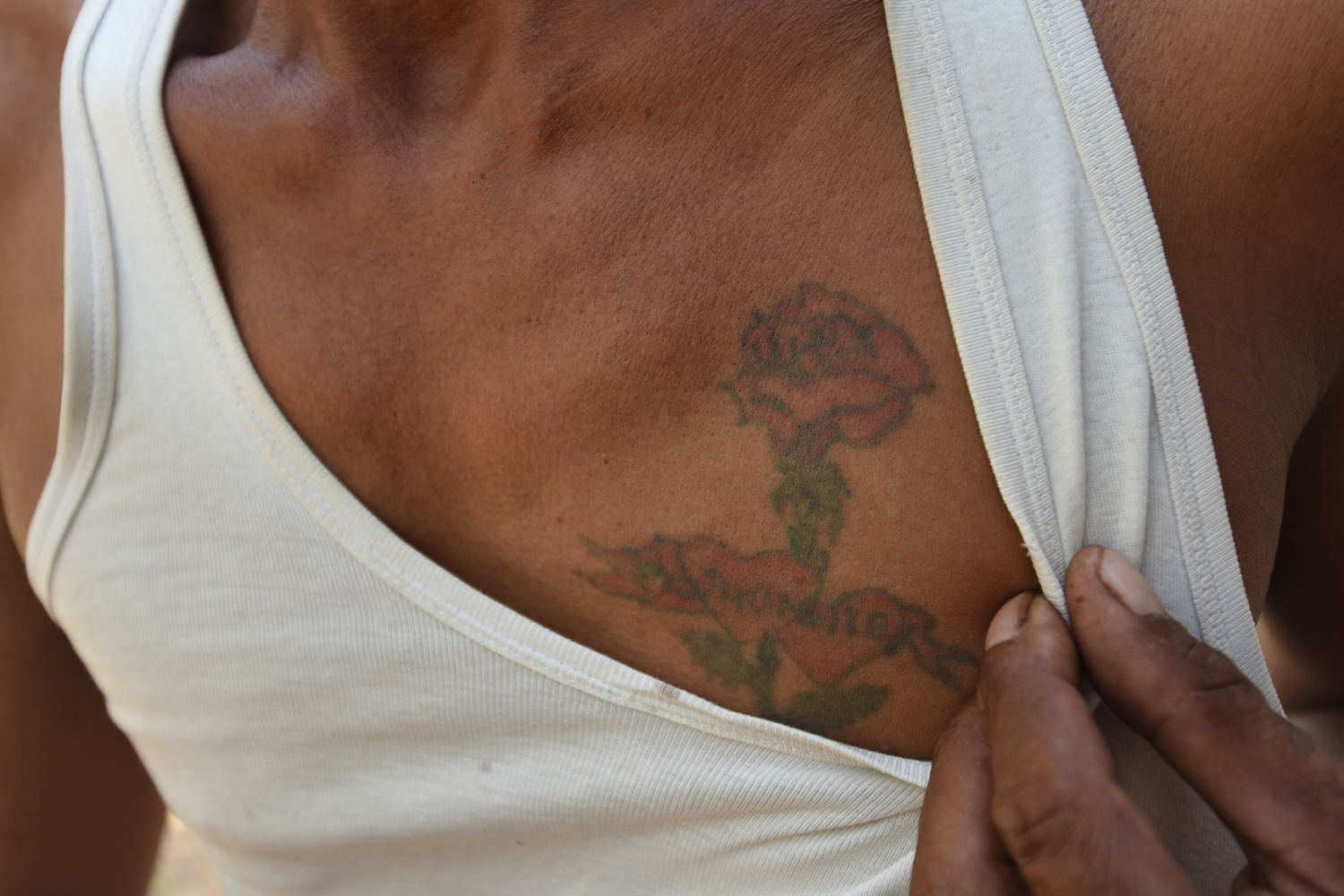
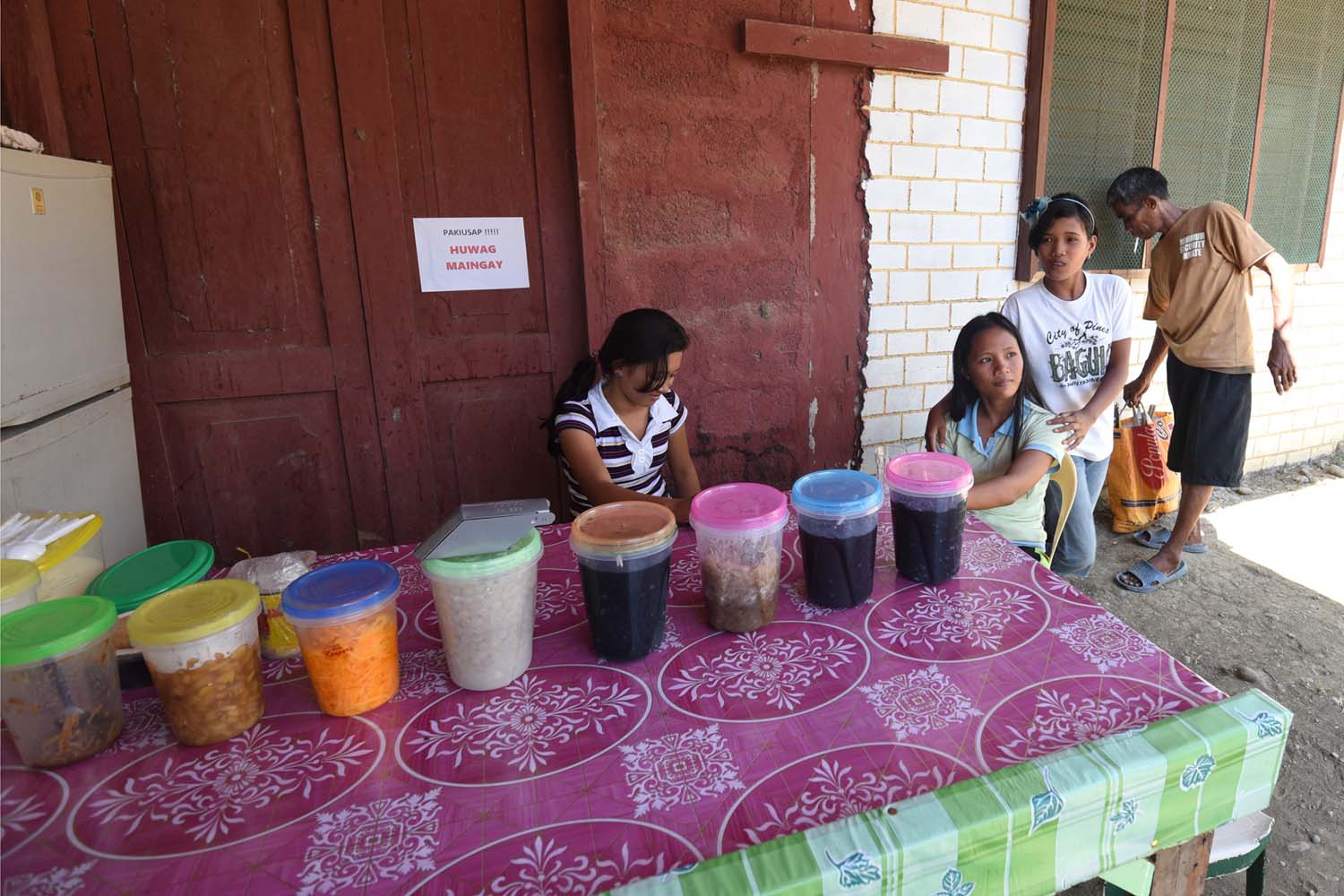

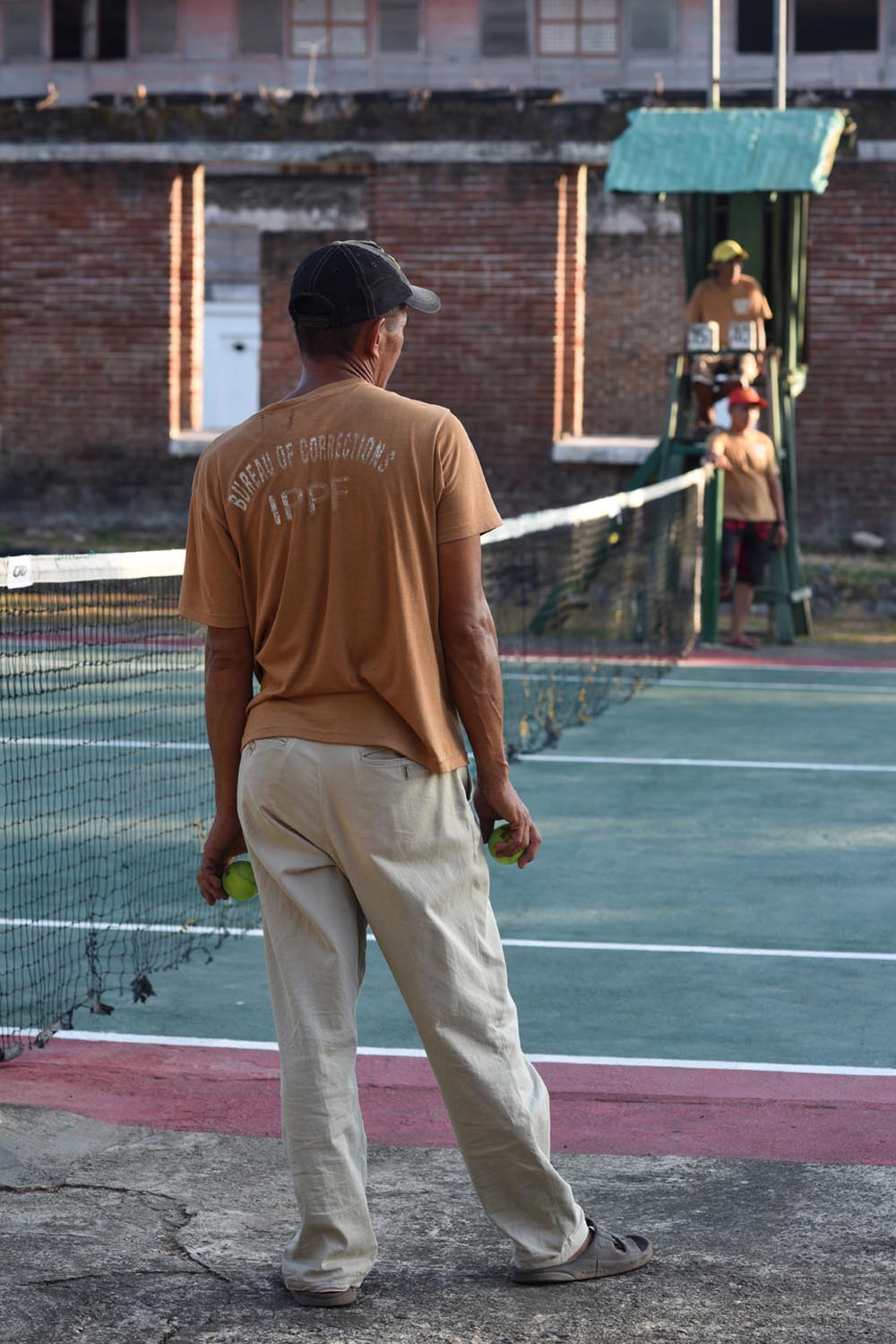
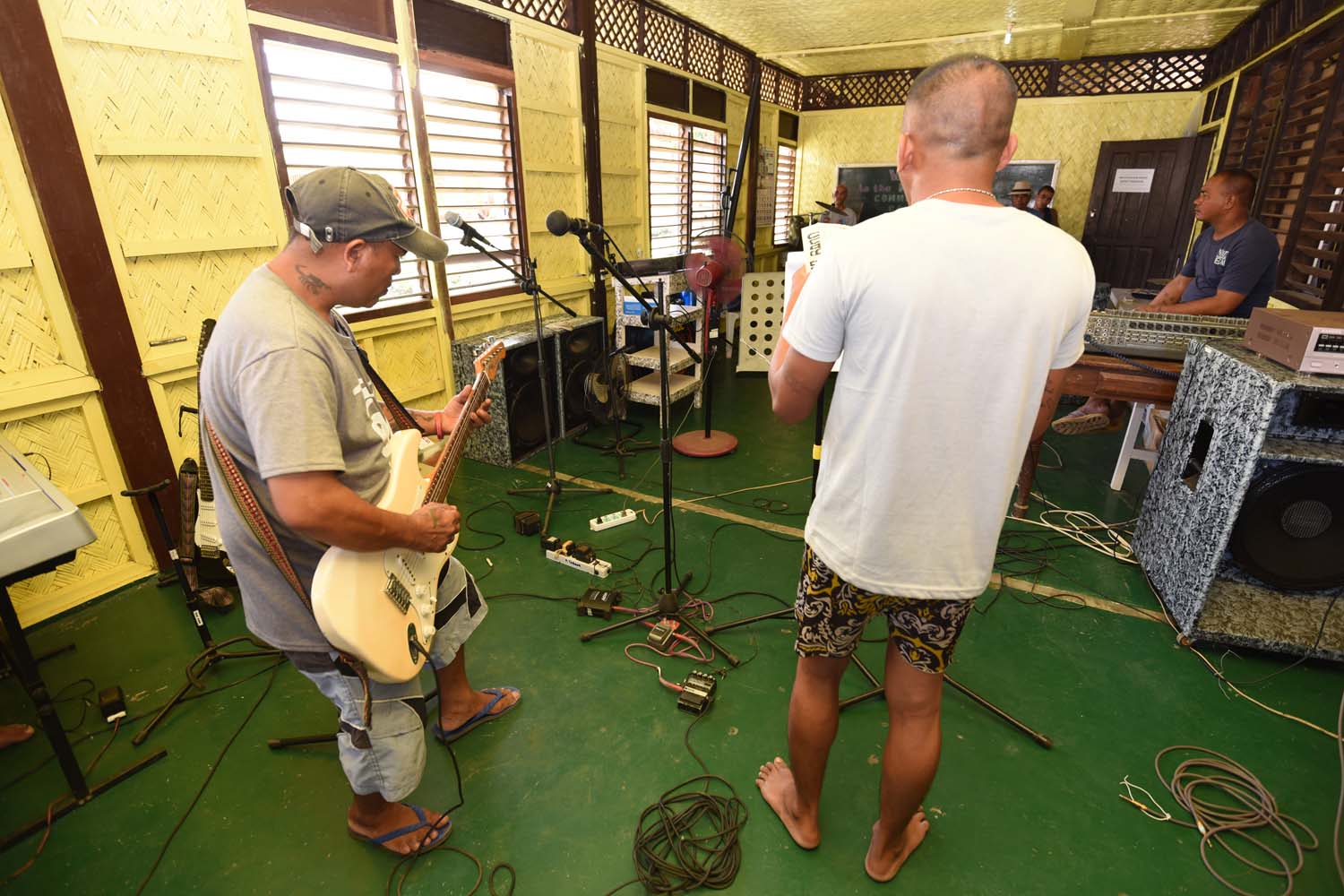
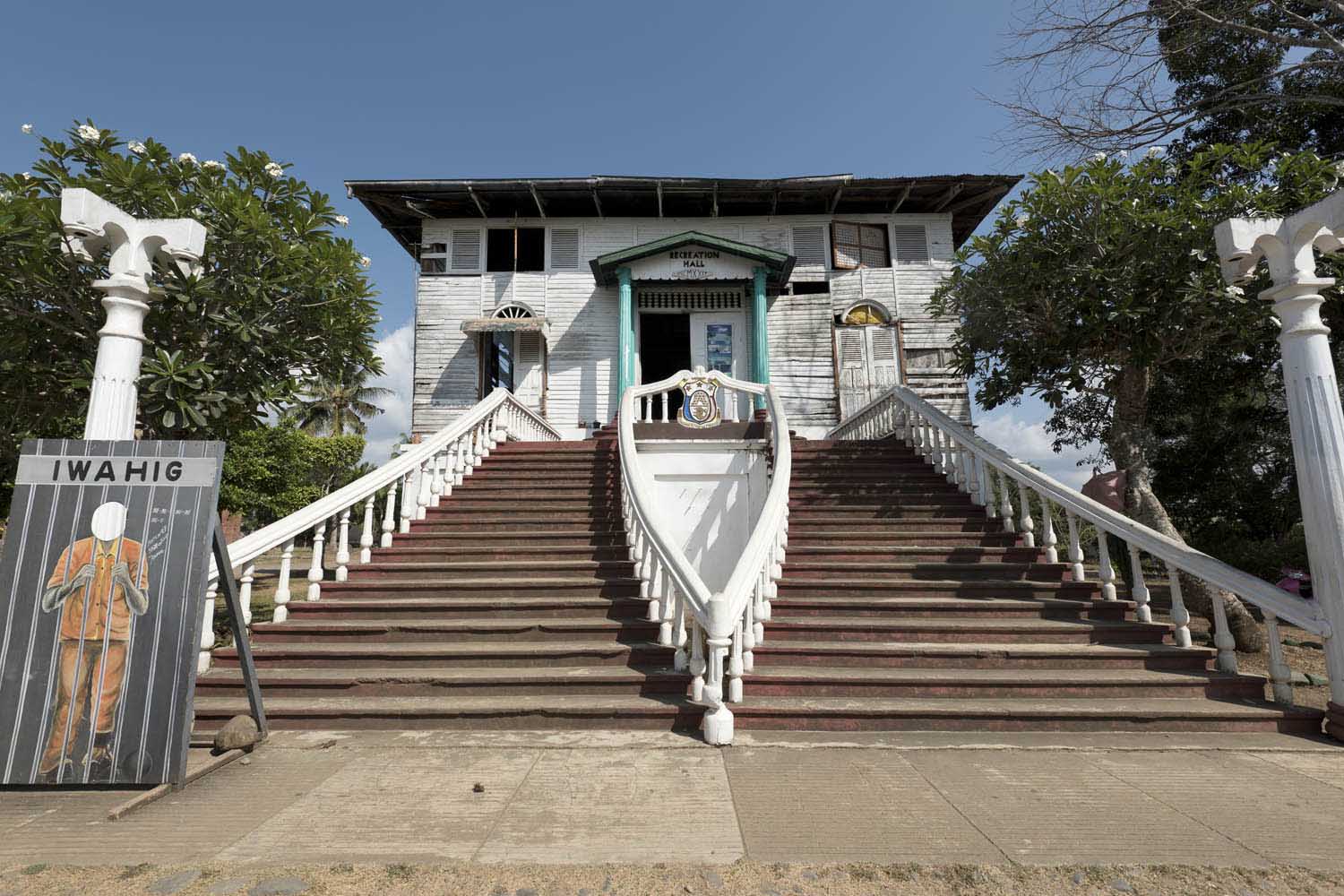
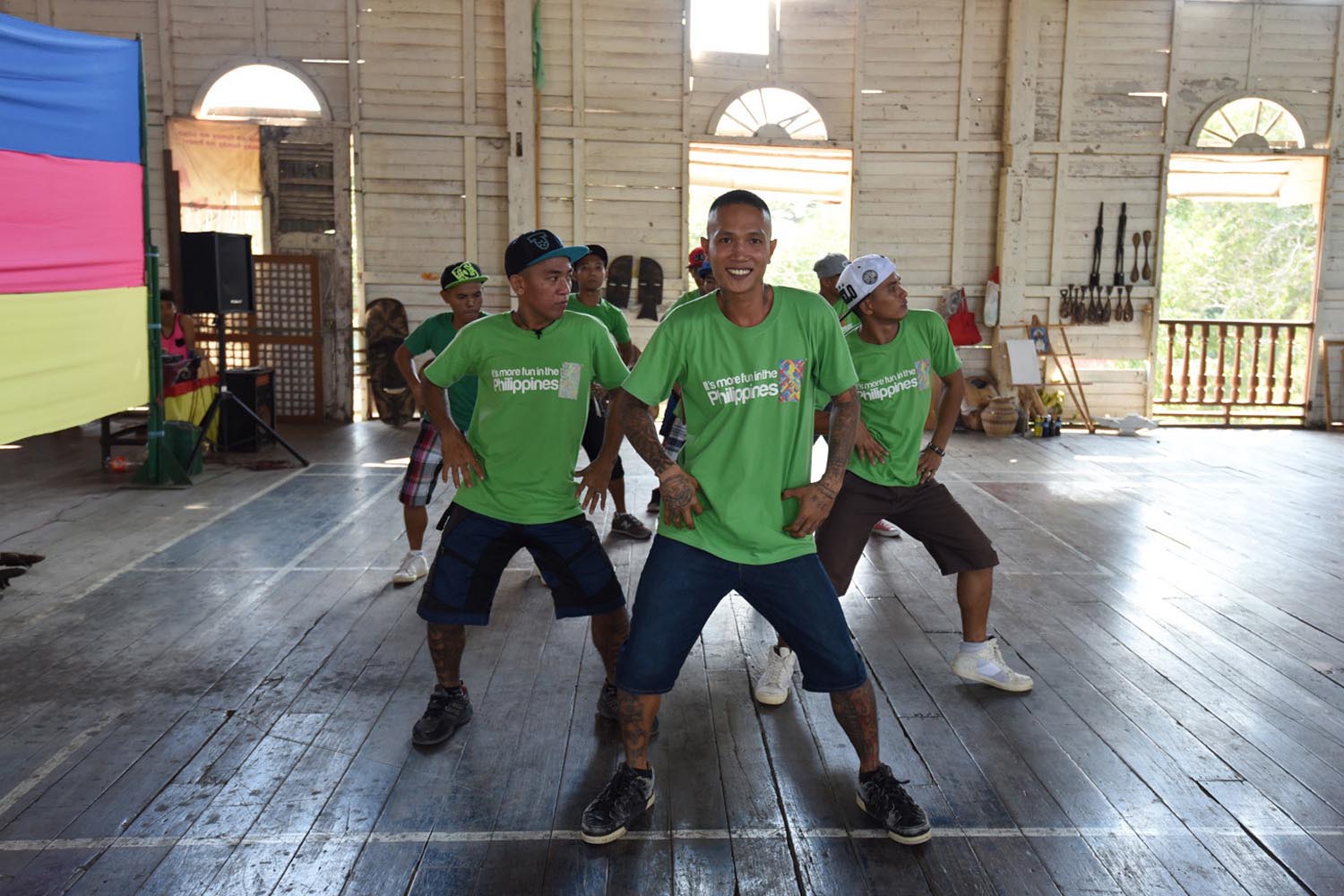

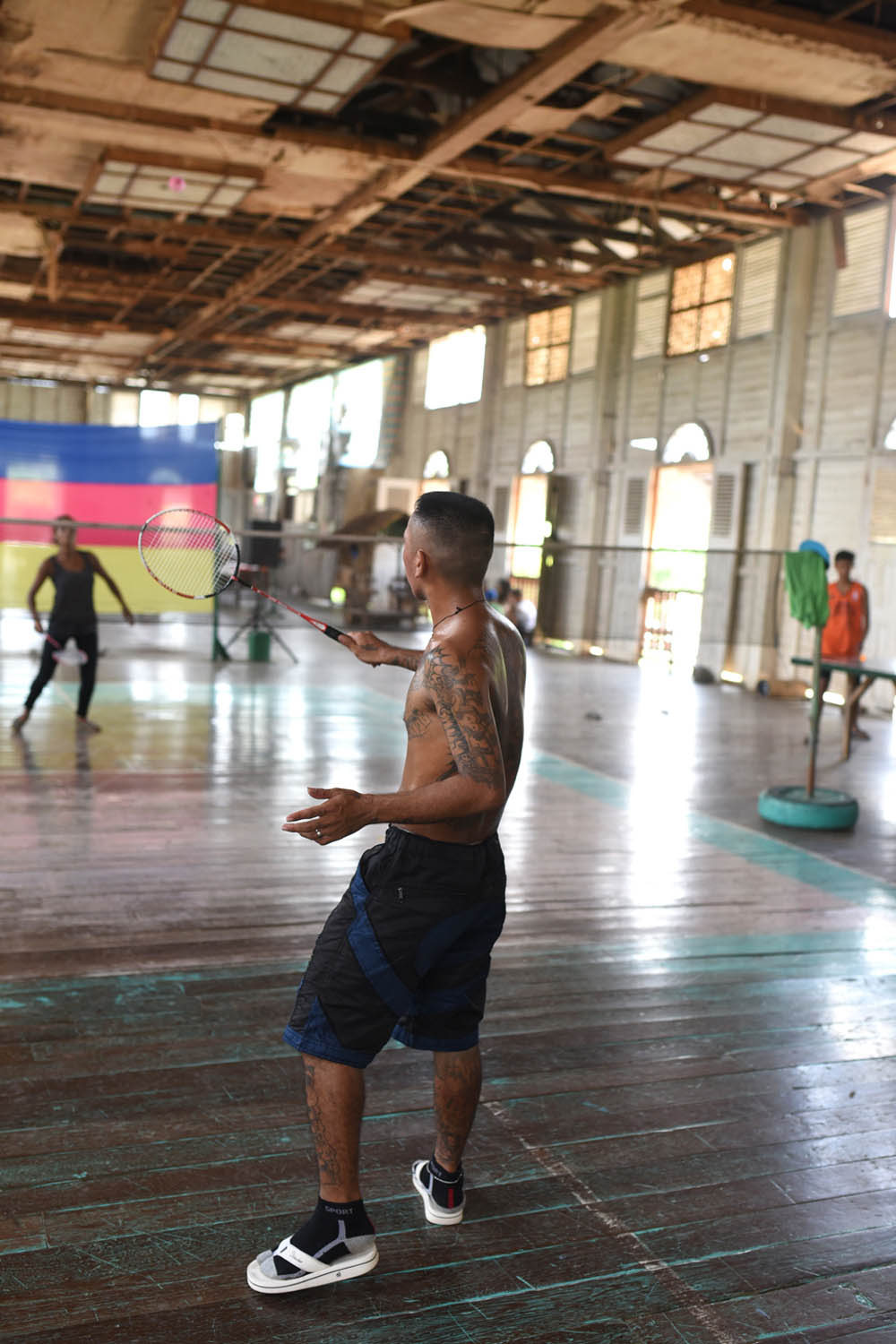
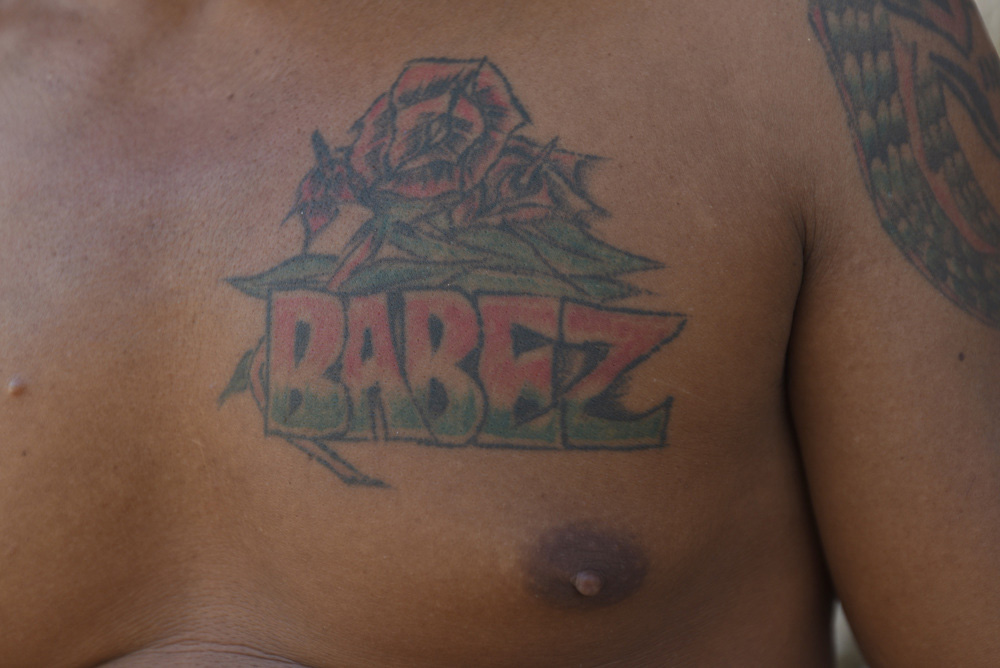
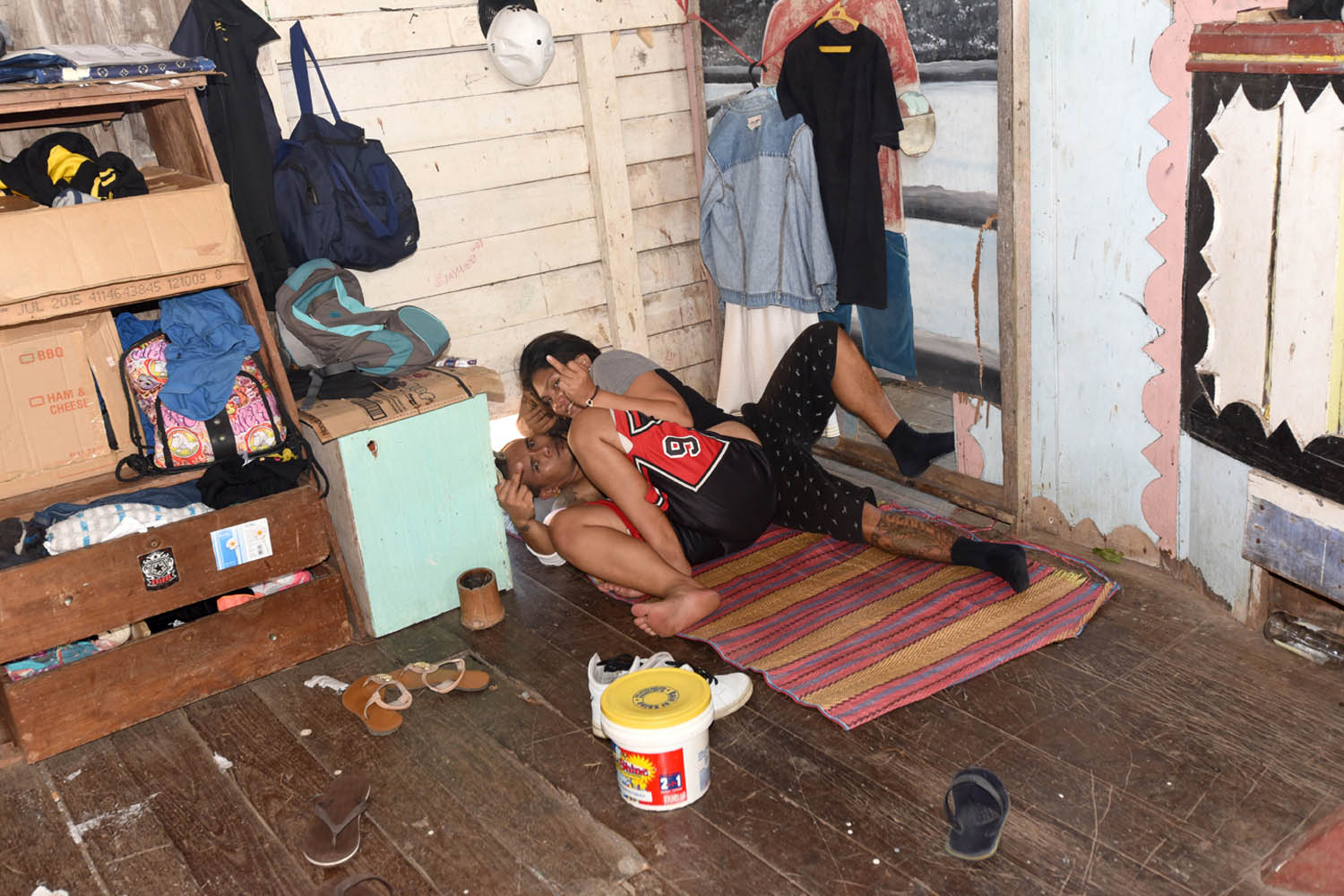
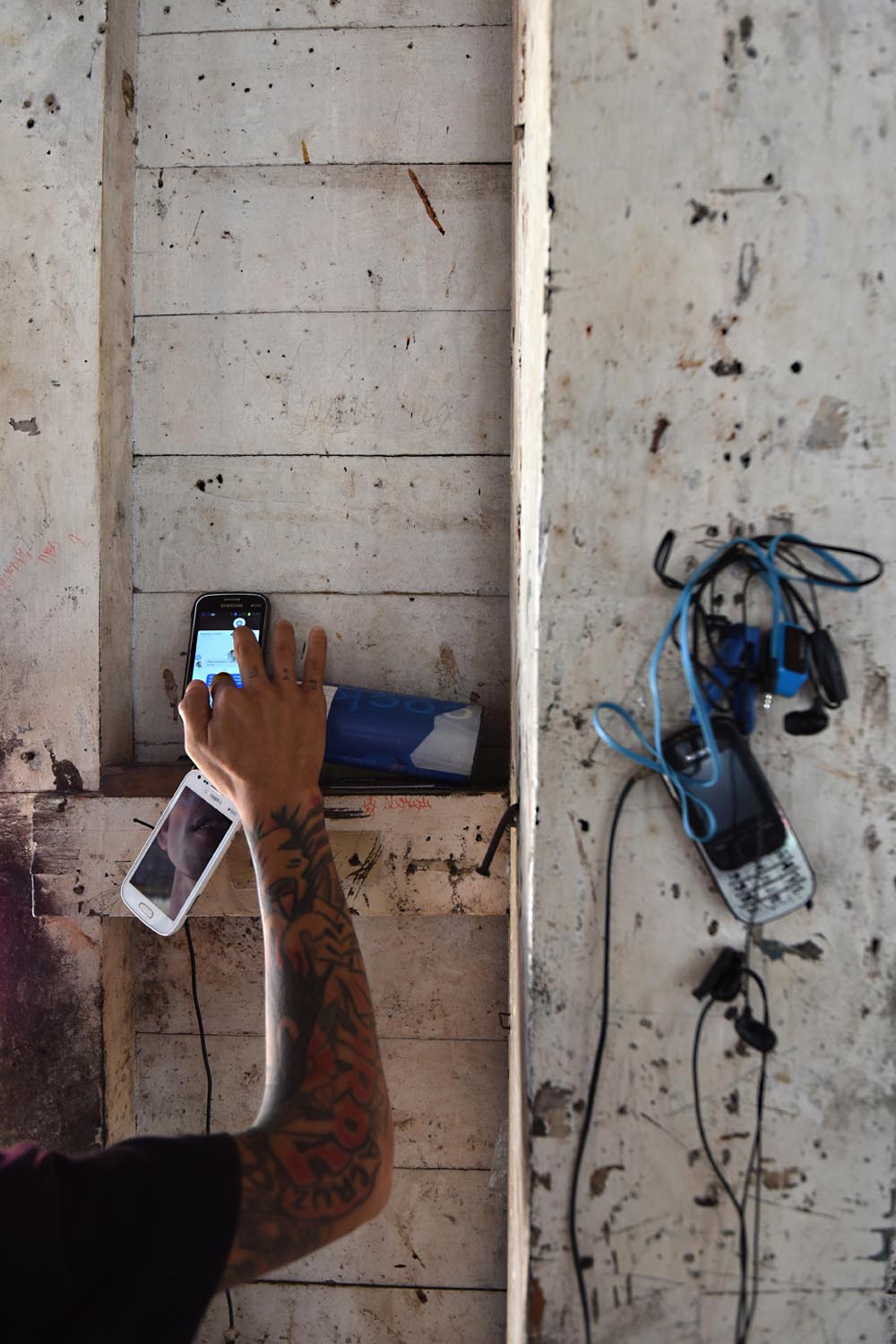
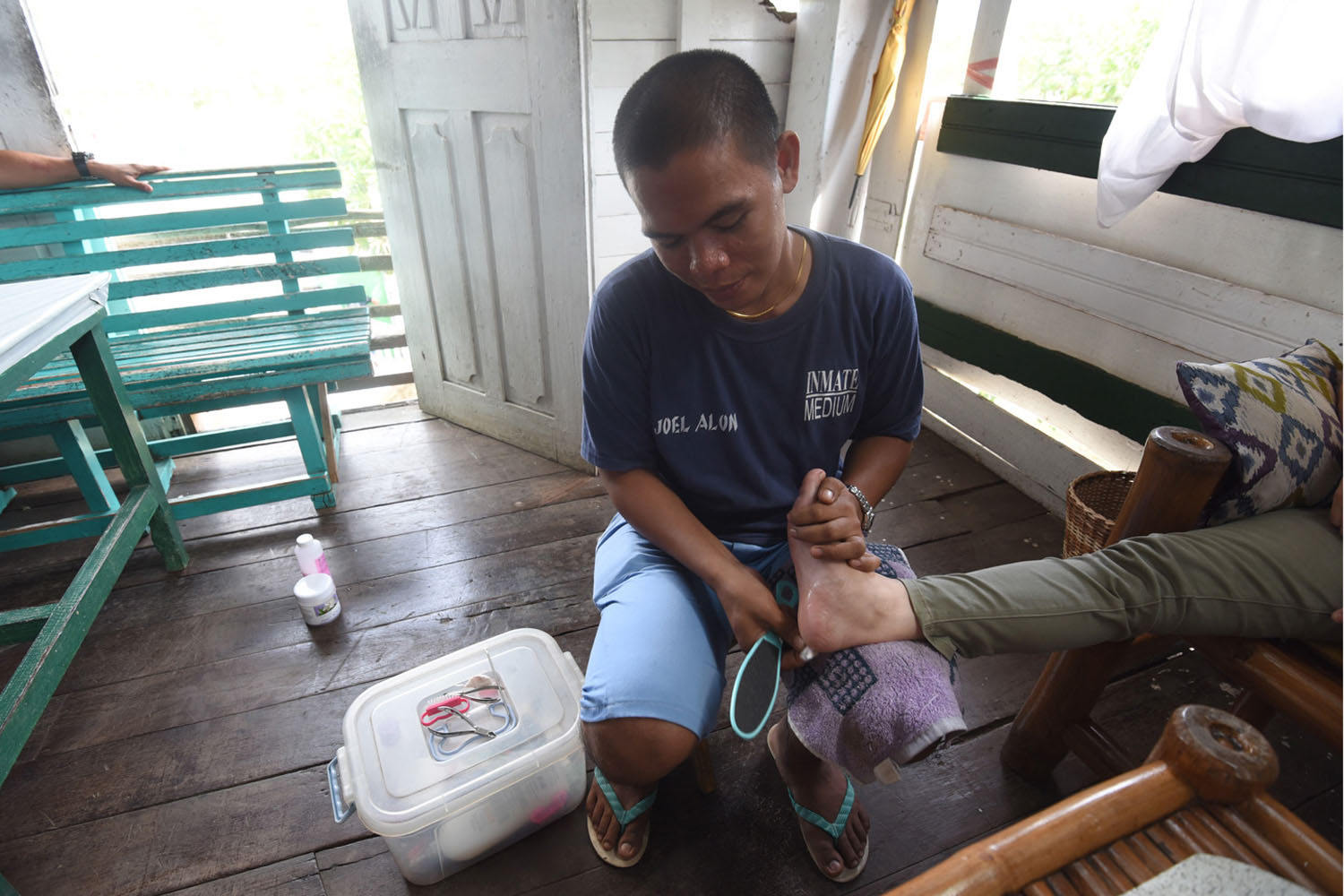
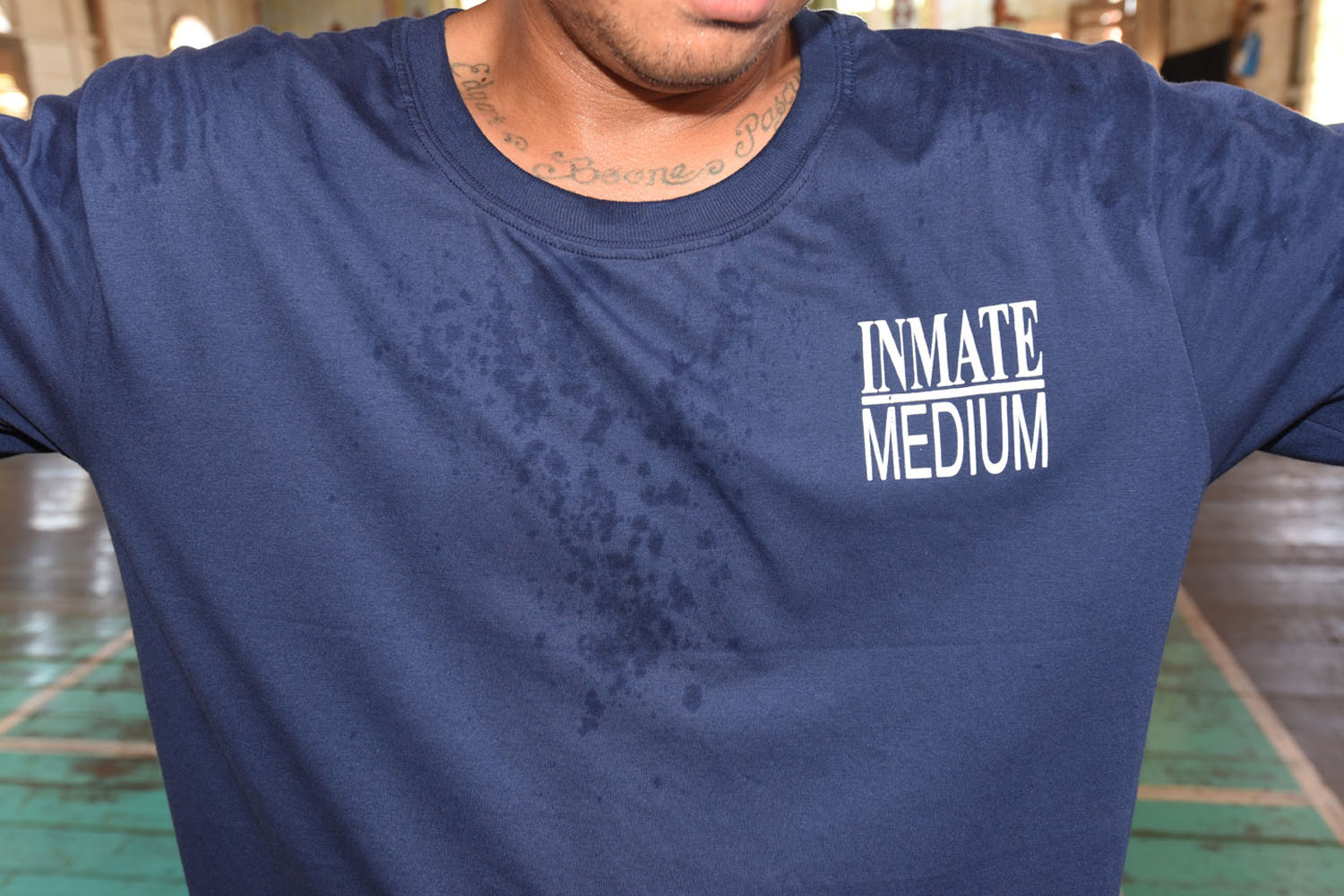
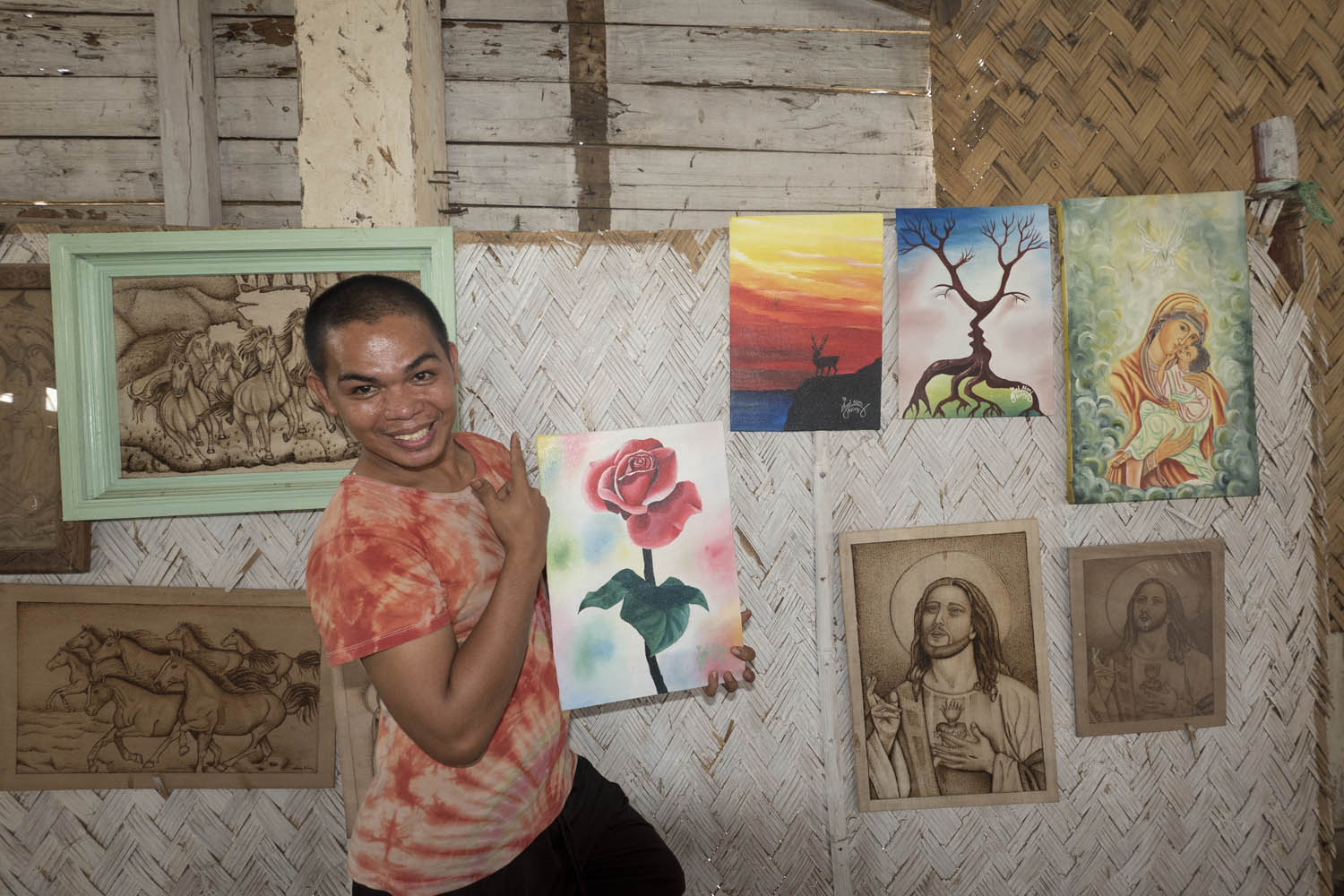
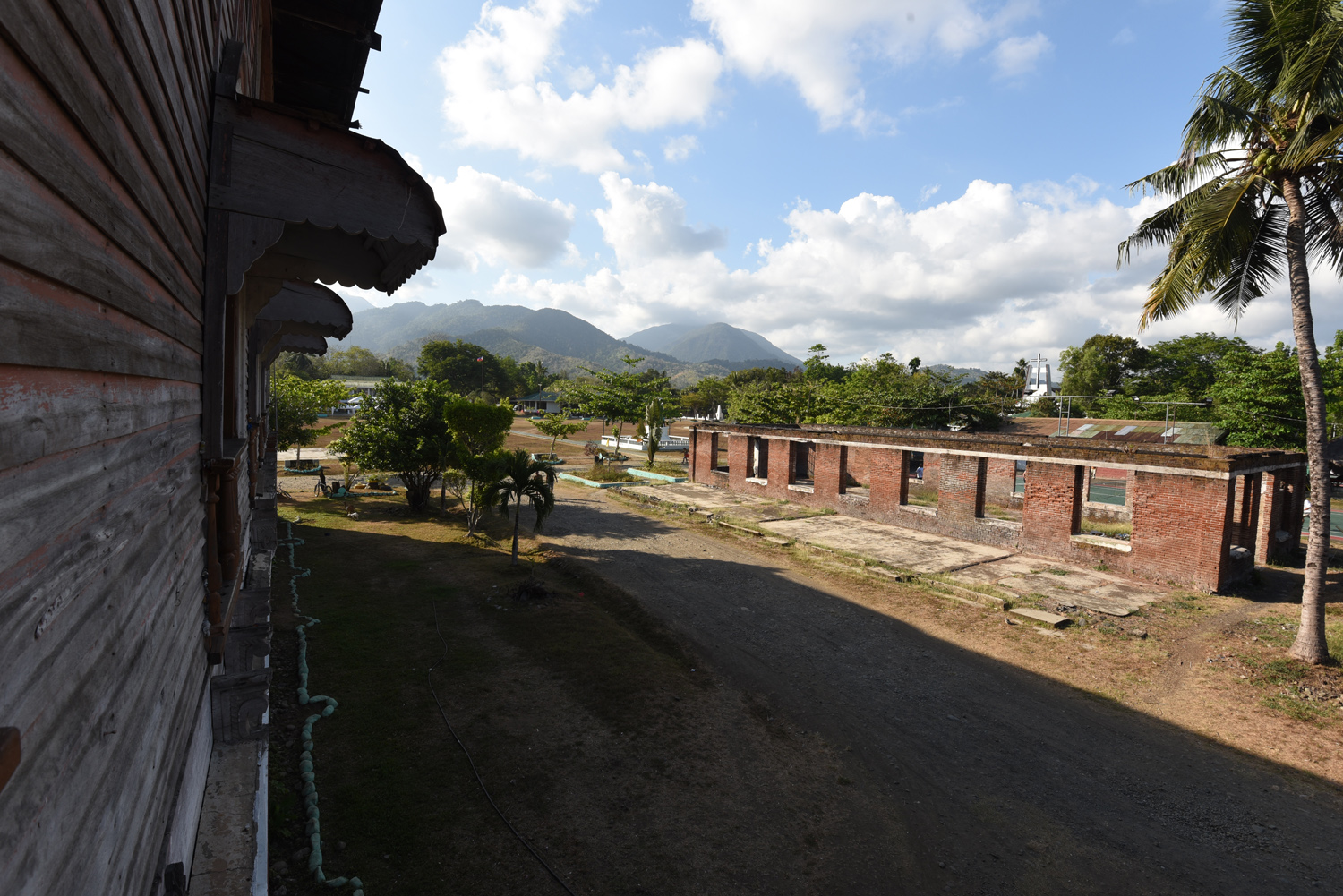
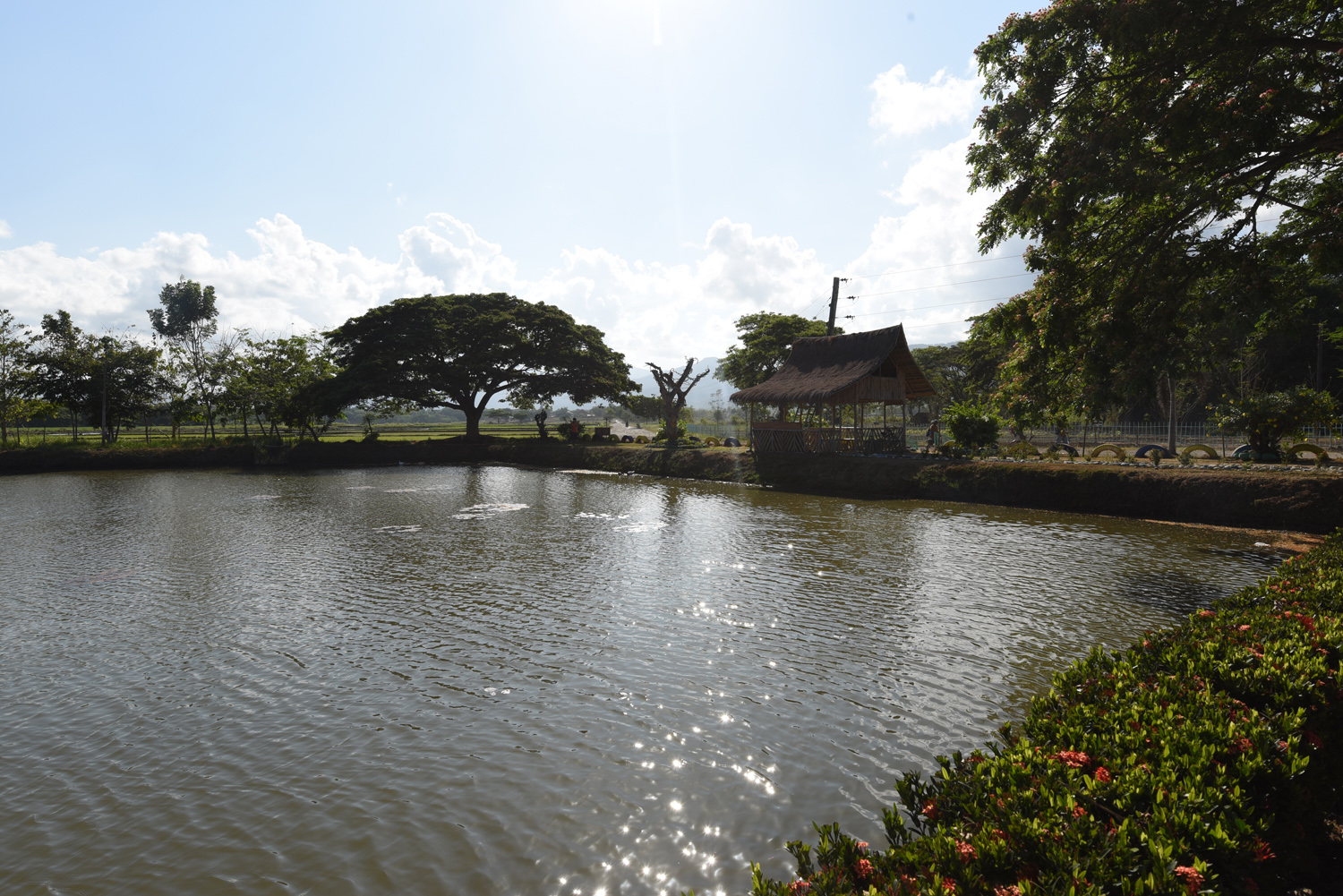


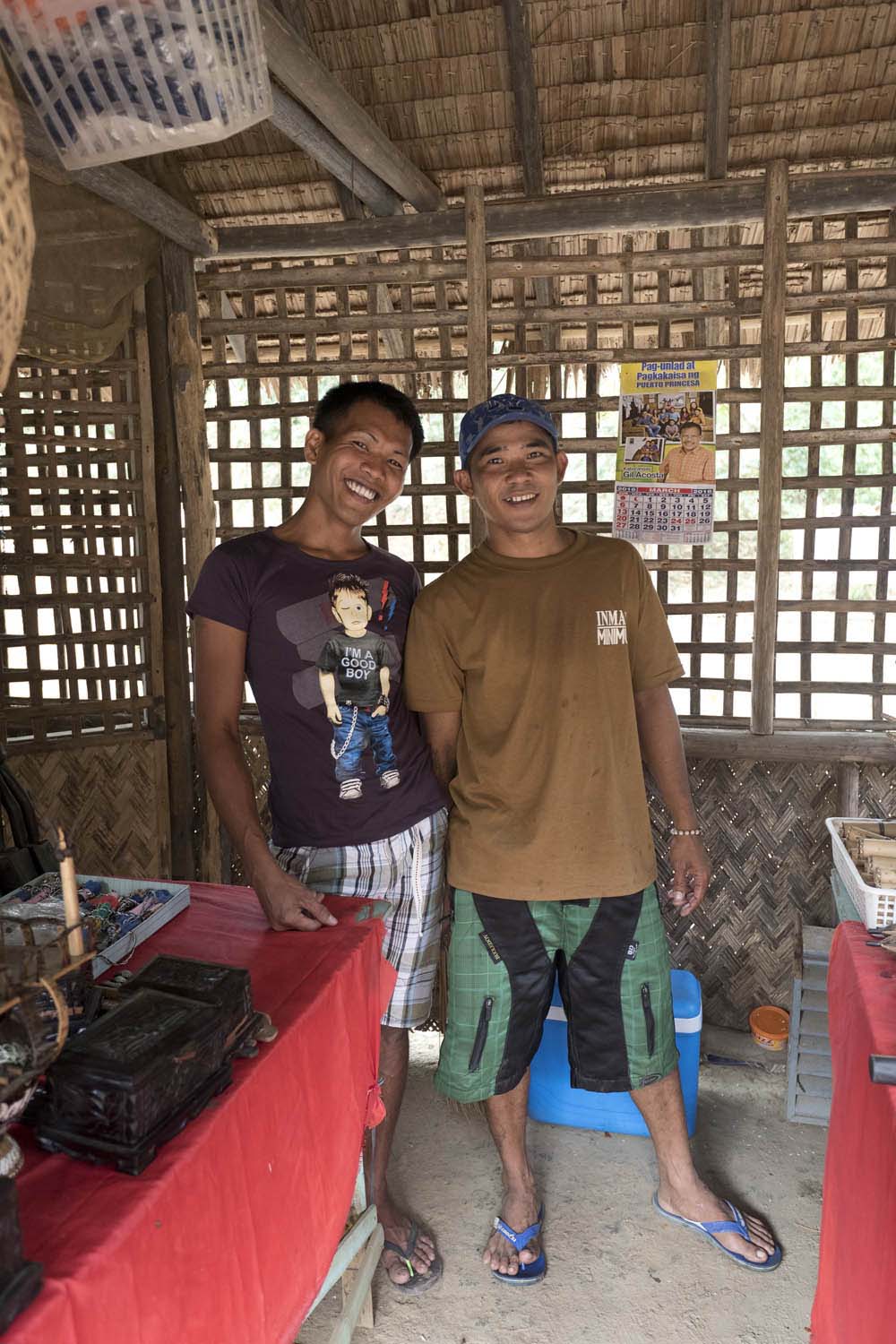
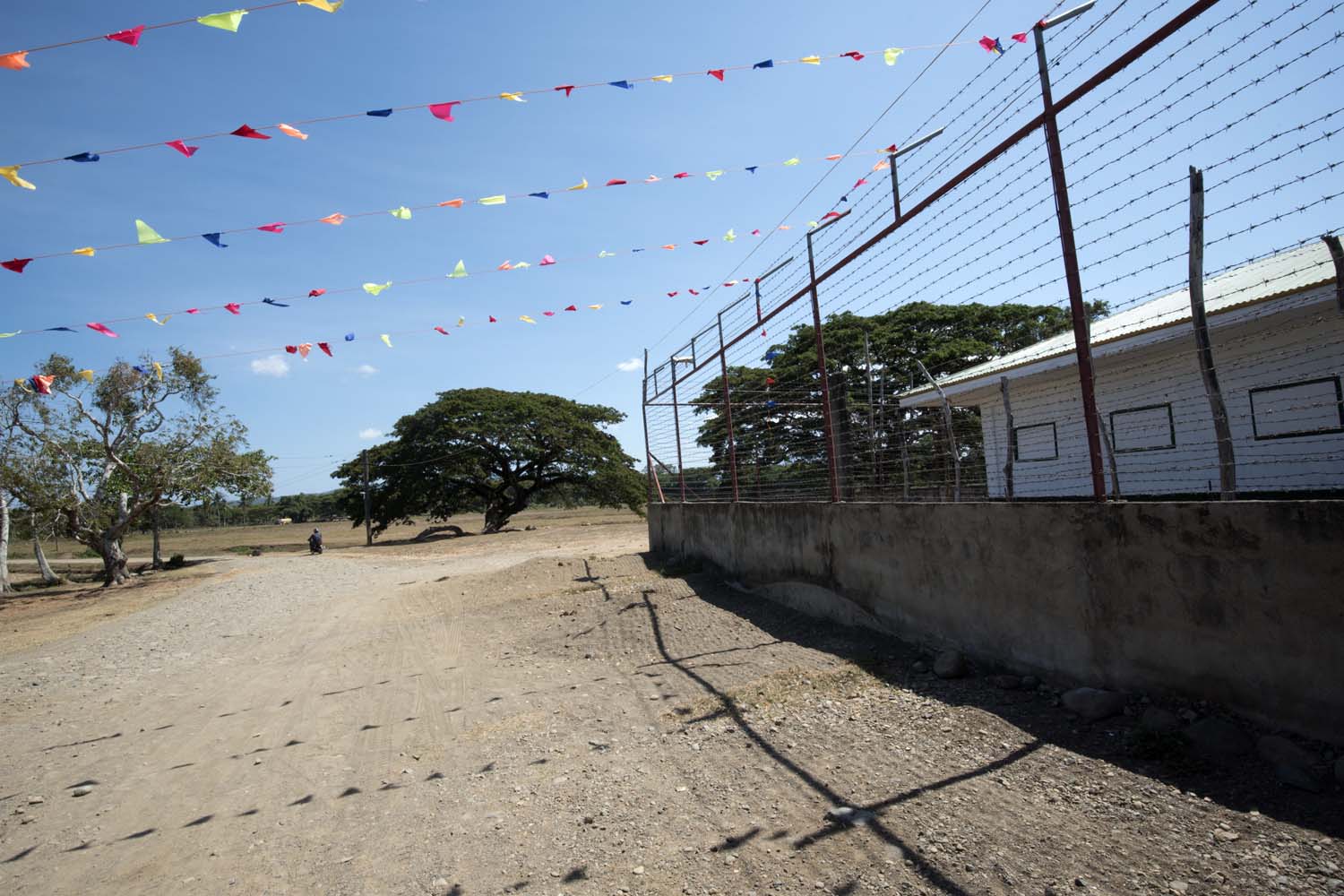
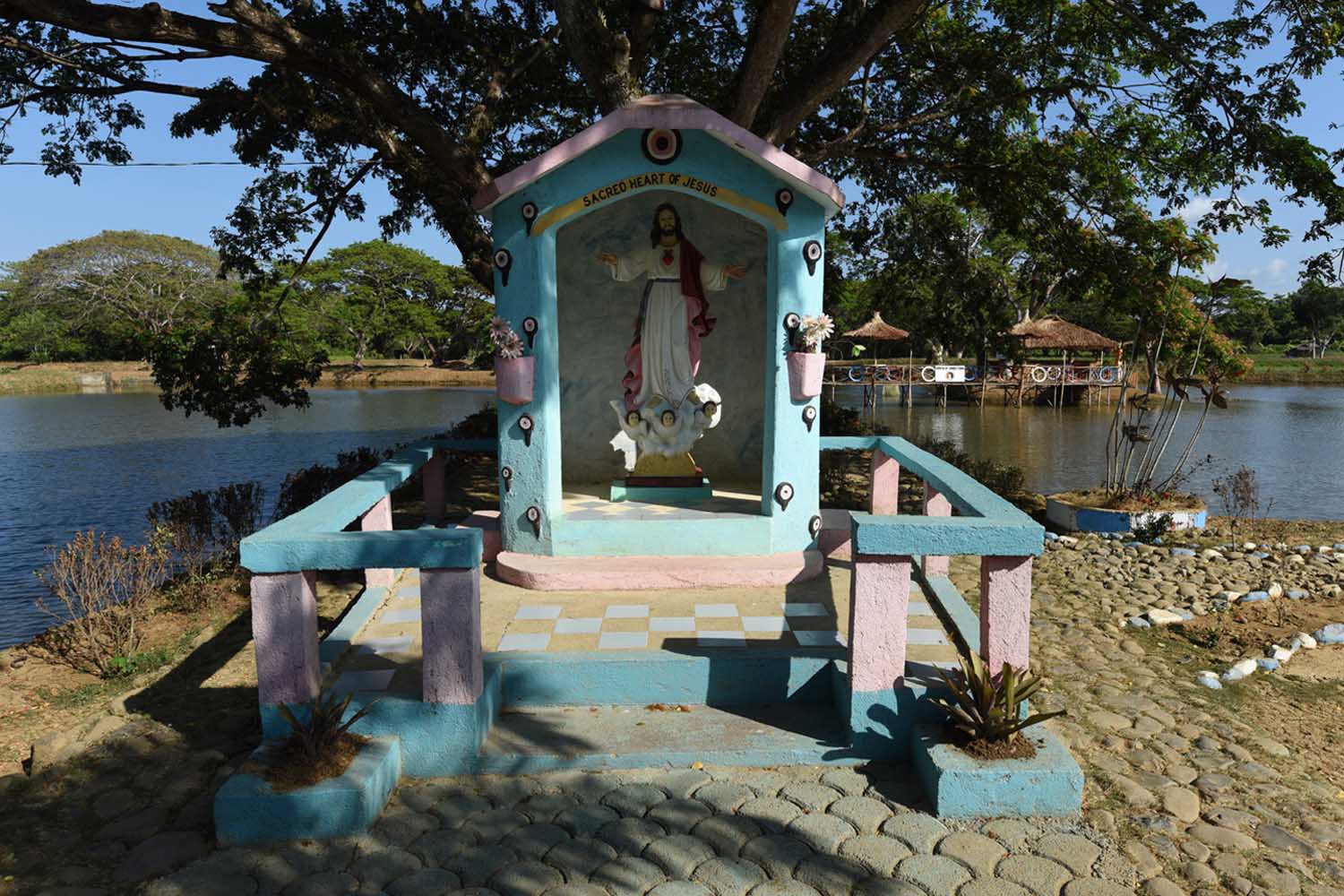
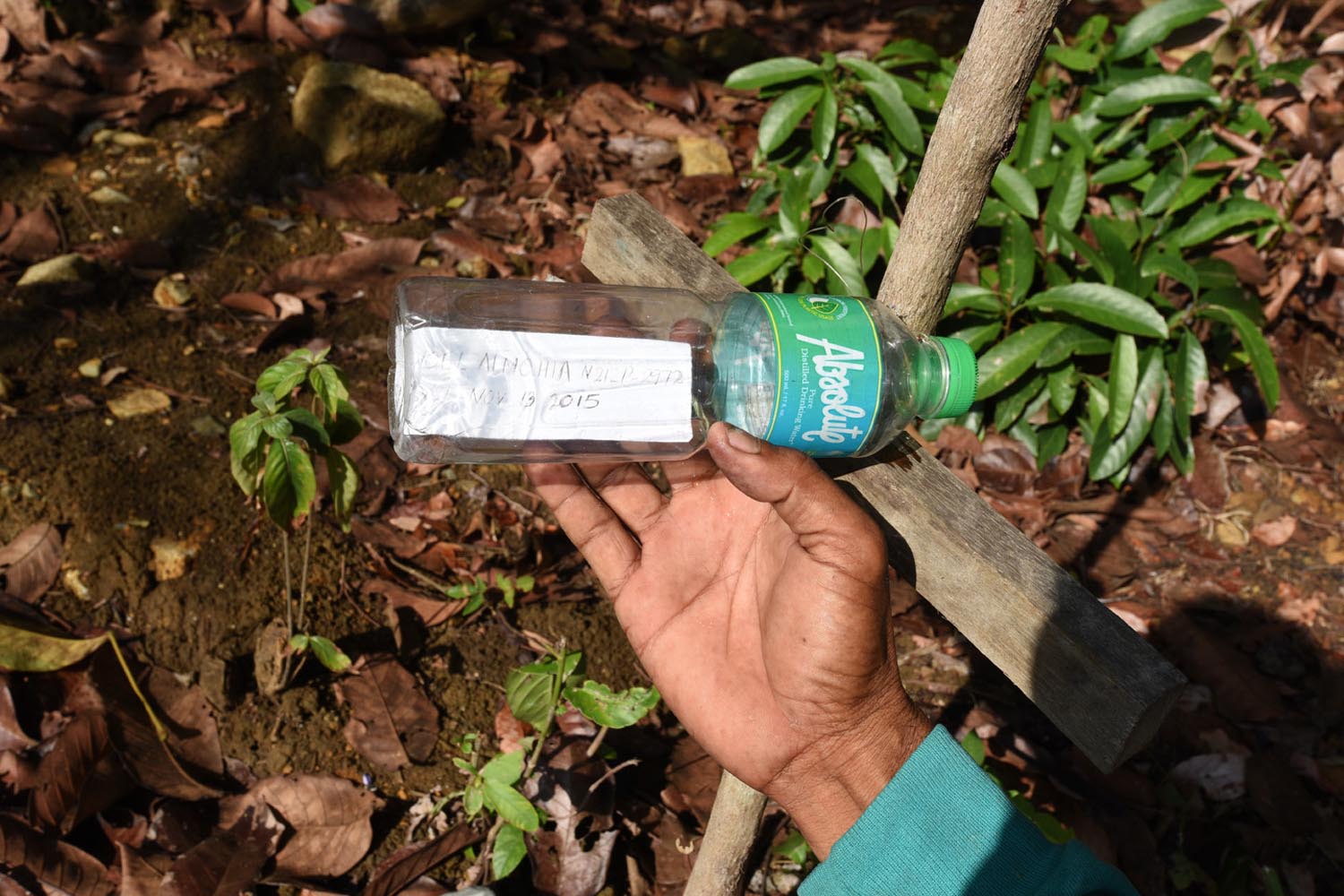
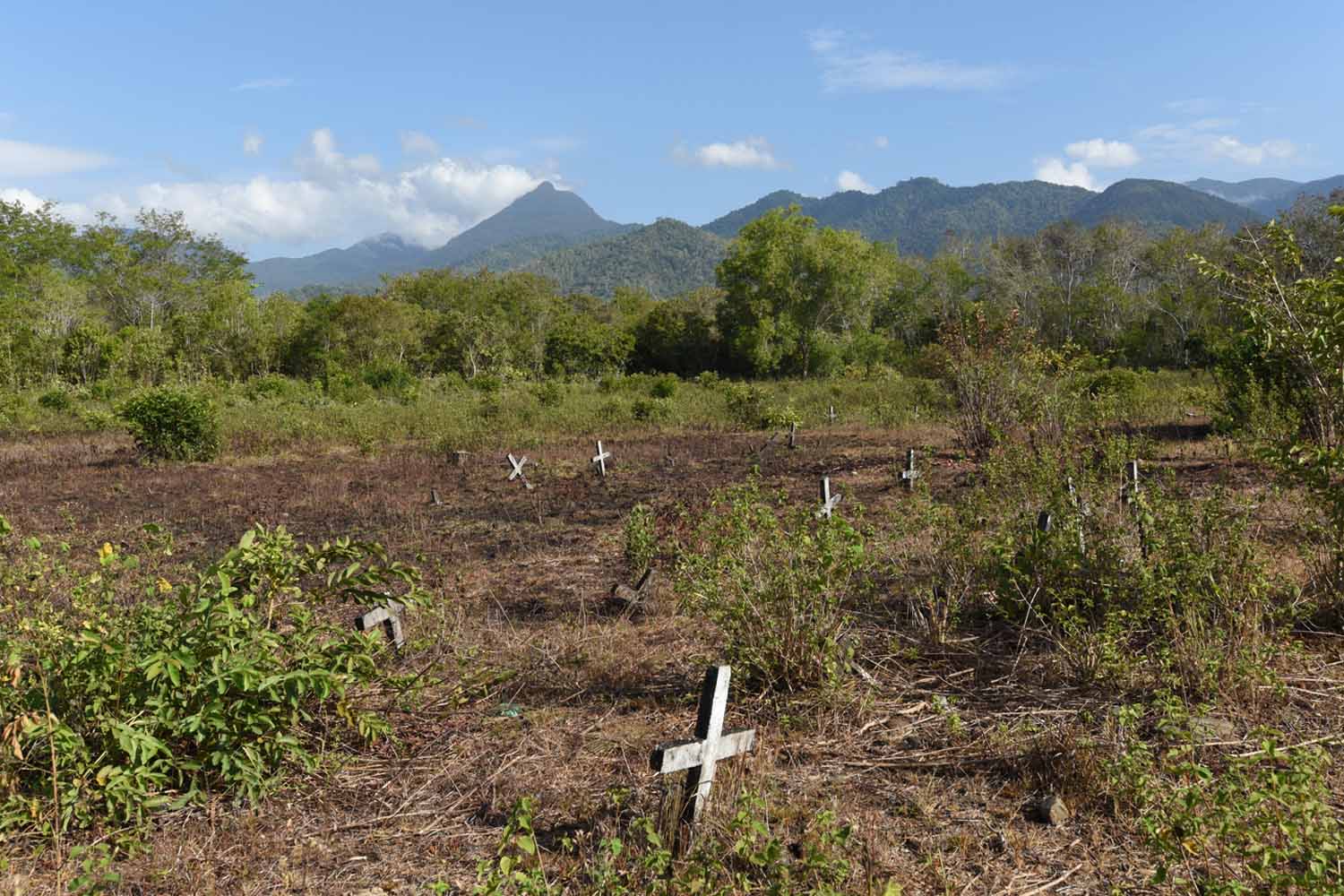
Fieke van Berkom Iwahig Prison & Penal Farm; a prison without walls



































In Palawan, a small island in the Philippines, a colony exits what functions as a prison and a penal farm. The colony is surrounded by nature. The natural borders are mountains and a river. In the last 10 years only 5 men tried to escape. There are 177 guards on 2779 prisoners and there is no violence. This place functions as a self-sufficient village with a serene atmosphere.
I stayed here for two weeks and peeked into the life of the prisoners and the employees and their families who are allowed to live in the colony as well. I had the opportunity to talk with them an understand more of their lives.
The idea of the system is very human because once the prisoner is in the colony he will not be judged by his past actions any more. All what counts are the present and the future. There are several rehabilitation programs the prisoner can take part in. He can develop skills during his imprisonment. Illiteracy is often one of the reasons men end up in criminality.
In Iwahig they get a chance to learn to read and write. Every inmate is looked at individual and will get a suitable day job. They can work in the rice fields, on the pigs or poultry farm, in a store, they can learn to play an instrument or develop skills in reflexology, they can create souvenirs or dance for the tourists who are able to visit the colony. The most beautiful thing I have seen in this system is seeing the inmates working in the houses and gardens of the employees trough a very equal way. They take care of the garden or cook their meals. They even look after the kids and make sure they are safe. There is a lot of respect in these relationships.
The peek into the employees life will give the inmates another perspective on how family life can be. This is a proofed system where inmates will not get a downturn back into criminality once they return to society.